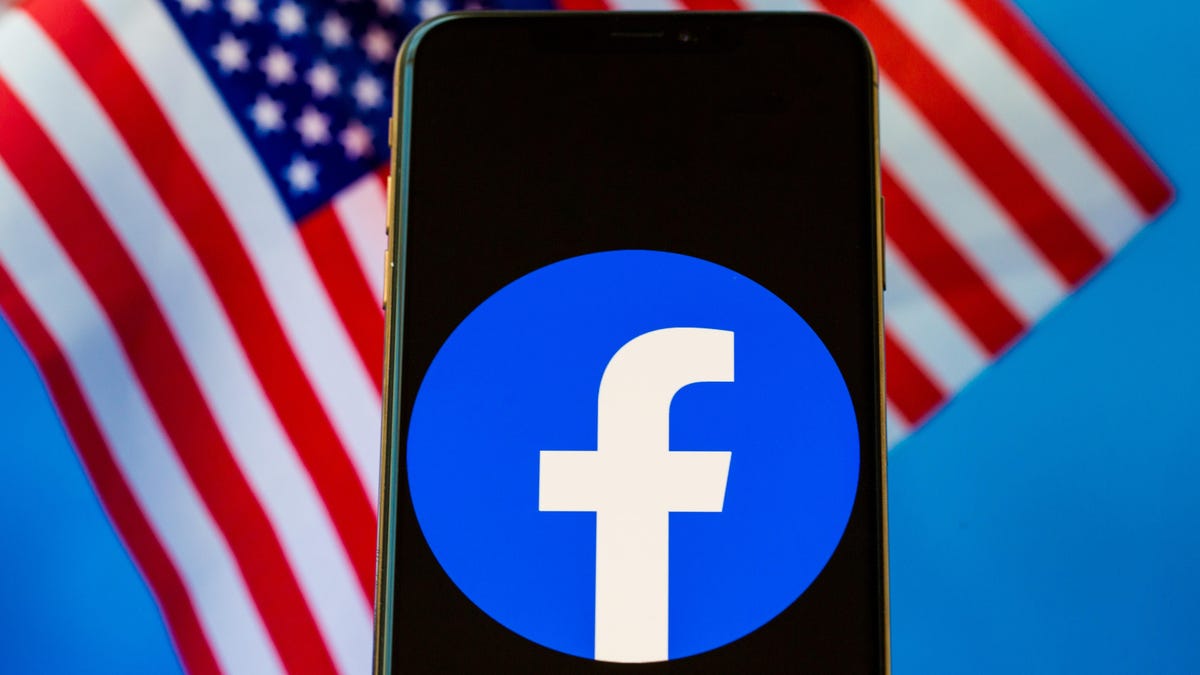Facebook's approach to Bloomberg's meme campaign sparks transparency concerns
The social network is handling sponsored influencer posts differently than political ads.

Facebook is allowing political campaigns to pay social media influencers to spread their message.
Facebook said Friday that political campaigns that pay influencers to post content won't be subject to the social network's rules around political ads, sparking concerns that politicians will exploit the loophole to skirt accountability. Sponsored influencer posts generally won't show up in a public database that displays political ads on the social network.
The world's largest social network outlined its policy after Democratic presidential candidate Mike Bloomberg paid Instagram meme-makers to promote his campaign to millions of followers. The Instagram meme accounts mention that these political posts were paid by Bloomberg but don't show up in Facebook's ad library.
Facebook's approach to sponsored influencer posts is already igniting criticism that it will lead to less transparency around what content politicians are paying to spread on social media. Presidential candidate Elizabeth Warren tweeted on Friday that "refusing to catalogue paid political ads because the Bloomberg campaign found a workaround means there will be less transparency for the content he is paying to promote." Sabrina Singh, a spokeswoman for the Bloomberg campaign, said the campaign was clear in these Instagram posts that Bloomberg paid the meme-makers.
Presidential candidate Mike Bloomberg has been paying popular Instagram meme-makers to promote his campaign.
Political ads have a been hot-button issue for social networks since Russian trolls used them to sow division among Americans during the 2016 presidential election. Facebook has come under fire for not sending ads from politicians to third-party fact checkers. As campaigns turn to different ways to spread their messages, social networks like Facebook are trying to clarify their rules around what's called "branded content." That's when a business or group pays a social media user to create and post content.
While political groups outside of Bloomberg have paid influencers to reach voters, Facebook and the services it owns, such as photo-sharing site Instagram, haven't been explicit about how they handle branded content. Since the campaigns don't pay Facebook directly for this content, the social network doesn't consider it advertising. If a social media influencer or campaign pays Facebook to reach more users, though, then it's considered an ad and will show up in the public ads database.
"Branded content is different from advertising, but in either case we believe it's important people know when they're seeing paid content on our platforms. That's why we have an Ad Library where anyone can see who paid for an ad and why we require creators to disclose any paid partnerships through our branded content tools," a Facebook spokeswoman said in a statement.
Social media users might not understand the difference between an ad and branded content. One Instagram user who commented on a sponsored post about Bloomberg from @grapejuiceboys said that the content was "an ad pretending to not be an ad."
Facebook previously barred political candidates from using a tool to help advertisers run branded content. But after hearing from multiple campaigns, Facebook has now decided to allow US political candidates to pay and work with influencers on posts. Now a label appears under the branded content stating that it's a paid partnership.
"After hearing from multiple campaigns, we agree that there's a place for branded content in political discussion on our platforms," Facebook said in a statement.
Using social media influencers to spread political messages could also create some challenges for fact-checkers.
Facebook said that sponsored posts from influencers would still be fact-checked if it's in the voice of the social media user. But if the speech is from the politician paying for the content then it wouldn't be sent to third-party fact checkers.

